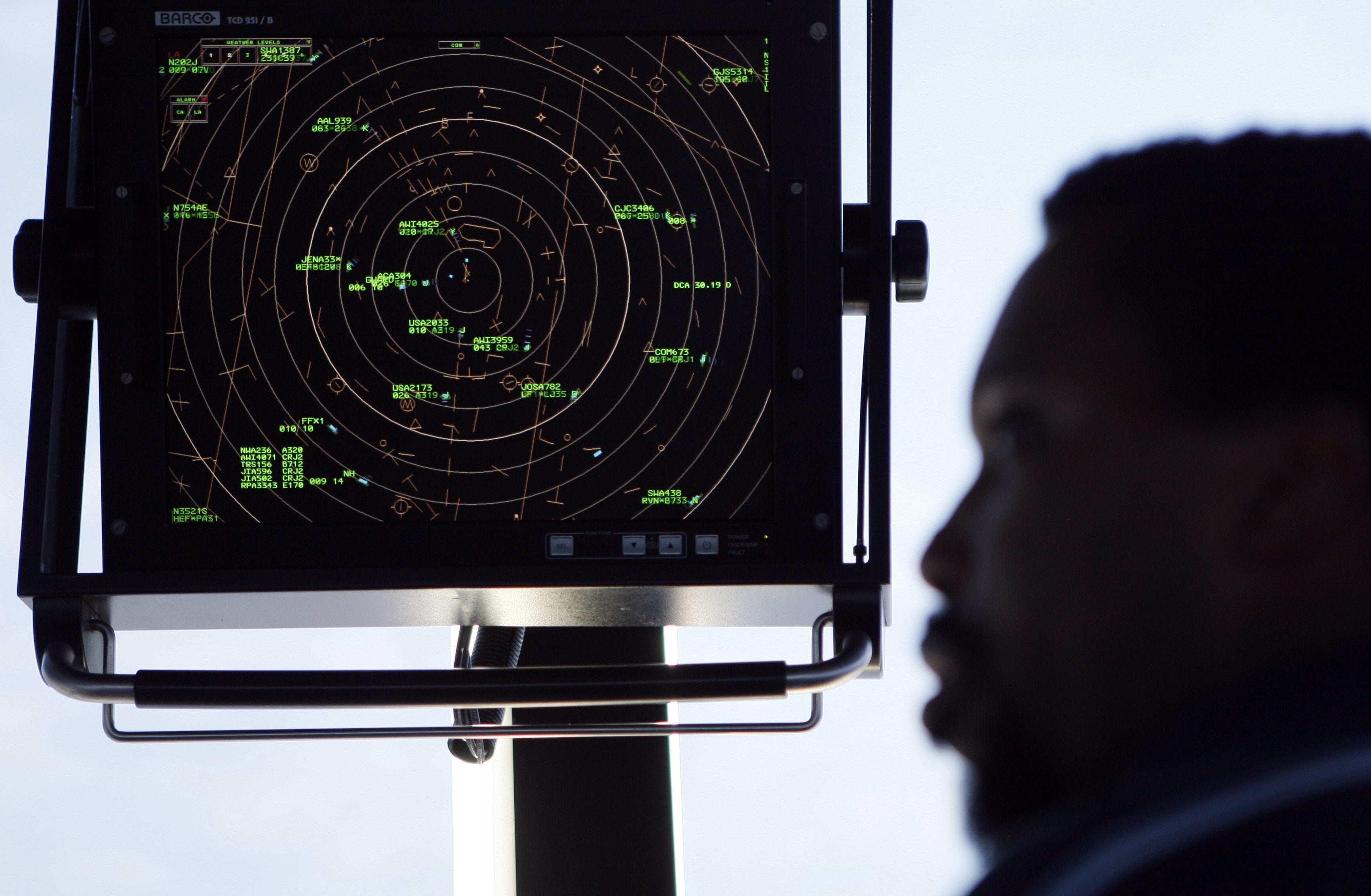WASHINGTON — Responsibility for the nation’s air traffic control operations would shift from the government to a private, nonprofit corporation under legislation introduced Wednesday as part of an overhaul of how Washington oversees the aviation system.
The measure extends for six years the authority of the Federal Aviation Administration and continues its role as the regulator of aviation safety, including the safety of air traffic operations. It also prohibits cellphone calls by airline passengers in-flight, and requires airlines refund bag fees when checked bags arrive more than 24 hours overdue.
But the FAA would lose responsibility for day-to-day air traffic operations and the transition from a radar-based traffic control system to one based on satellite technology. A board representing aviation system users would govern the new, federally chartered air traffic control corporation.
The bill would complete the transfer of air traffic operations, hundreds of facilities and about 38,000 workers to the new corporation within three years.
Rep. Bill Shuster, the bill’s chief sponsor, said it was a “transformational” solution and greatly needed because modernization of the air traffic system is taking too long and costing too much. Without an overhaul, the system won’t be able to keep up with growing air traffic demands and congestion will increase, said Shuster, chairman of the House Transportation and Infrastructure Committee.
Shuster, R-Pa., told reporters that he also wants to revamp how air traffic operations are financed, eliminating most airline ticket taxes in favor of a fee-based system.
The proposal envisions charging commercial operators — airlines, air cargo companies, charter plane, air taxi services and others — for the services they use. Private pilots and noncommercial aircraft operators would continue the same fuel and other taxes as before rather than service fees.
Rep. Peter DeFazio, D-Ore., the senior Democrat on the committee, said Democrats strongly oppose the privatization plan, although they’re happy with most of the rest of the bill.
“This privatization proposal gives a private corporation the power to tax the American public to pay for safe operations, and it hands over a public asset worth billions of dollars to a private corporation for free,” DeFazio said. The corporation would effectively become a monopoly that picks winners and losers and decides routes, schedules, and slots based on profit margins, he said.



